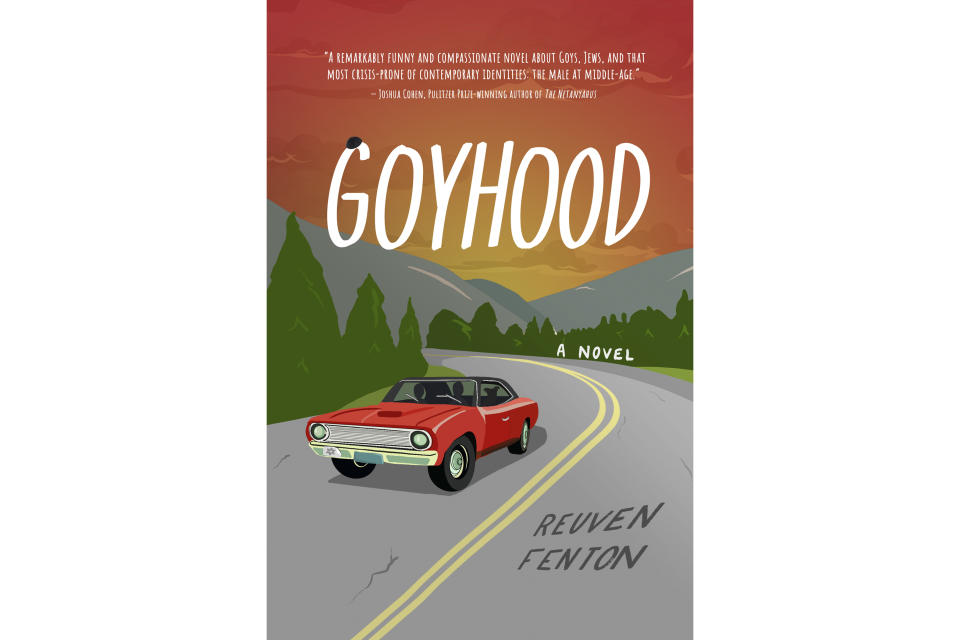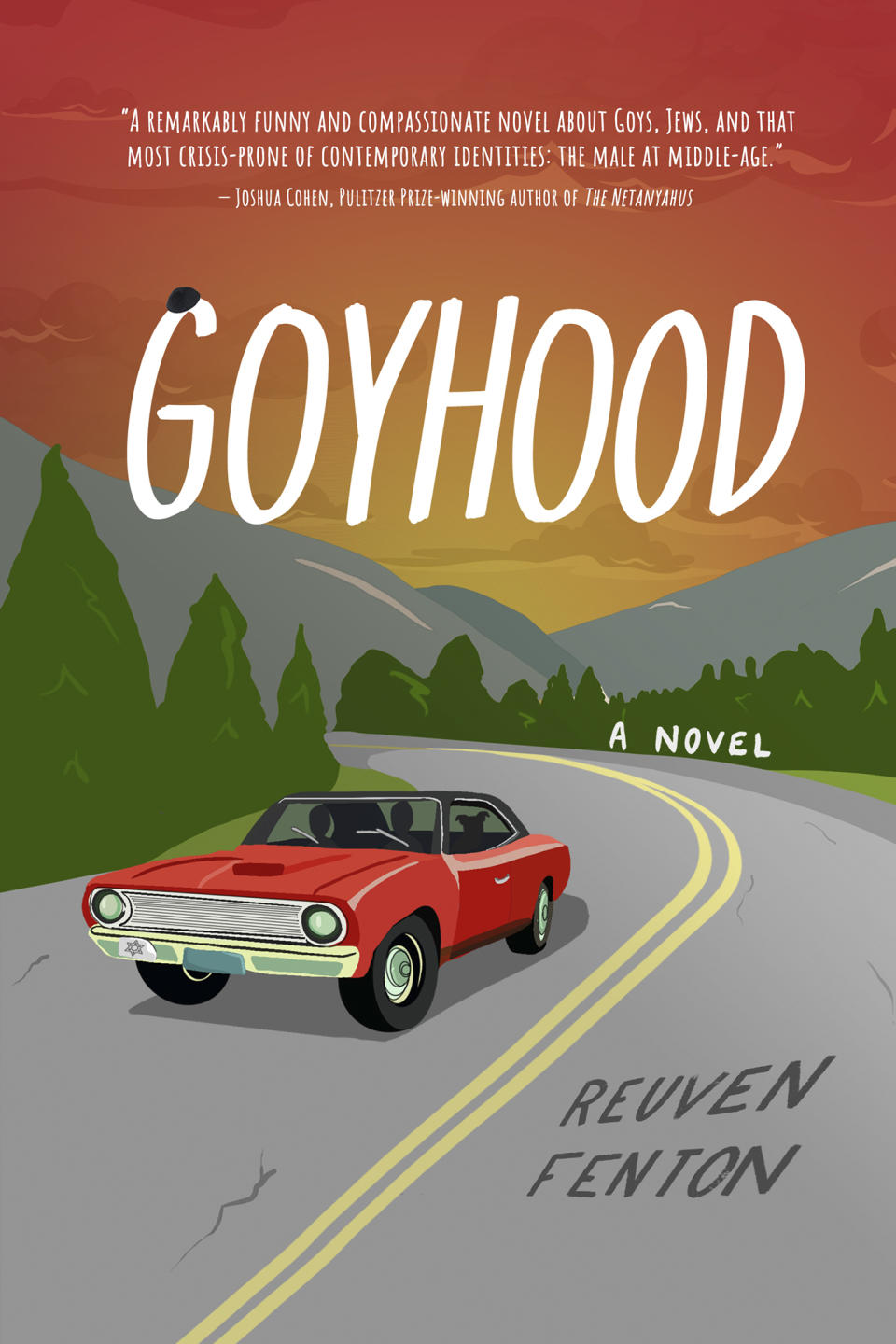Book Review: Twin brothers, one religious, one not, go on a wild and wacky road trip through South
In the beginning was… a lie. One day a rabbi knocked on the door of a woman with a Jewish-sounding last name in a small town in Georgia to recruit new members for his synagogue. When he asks if she knows of any Jews in the area, Ida Mae Belkin admits to being one herself. This comes as a shock to her 12-year-old twins Marty and David, who grew up believing in not much more than the national pastime of TV and fast food.
Fast forward some 20 years and Marty, who has become a religious scholar at a Brooklyn yeshiva and goes by the more Jewish-sounding name of Mayer, finds out via Ida Mae’s suicide note that she lied and he and David are not in fact Jewish. That means his marriage to devoutly Orthodox Sarah is effectively null and void since she never would have consented to marry someone outside the faith.
What to do? Clearly, the only solution is to convert to Judaism “on the down-low,” as Mayer’s pot-smoking rascal of a brother puts it, and in the meantime, take a road trip through the Deep South to, well, relax. So begins Reuven Fenton’s quirky debut novel, “Goyhood,” which takes the classic literary theme of the journey — think Homer’s "Odyssey" or Jack Kerouac’s “On the Road” — and gives it a decidedly unorthodox twist.
Over the course of their journey, the brothers will adopt a one-eyed dog, almost get blown up in a fireworks store and eventually scatter Ida Mae’s ashes in the Great Smoky Mountains. David’s good friend Charlayne, an Instagram influencer with issues of her own, wonders if their trip isn’t a kind of rumspringa, the Amish rite of passage when young people are encouraged to break the rules before joining the church.
At the beginning of their travels Mayer defines his newly discovered “goyhood” – that is, the condition of not being Jewish – as “the state of rebounding from one travesty to the next.” By the end, he has gained a glimmer of understanding about why the wife he adored was always so standoffish about sex.
Fenton, a longtime reporter for the New York Post whose previous book “Stolen Years” was a nonfiction study of 10 men and women wrongfully imprisoned, has written a big-hearted novel about the enduring importance of faith and family. While some of the plot twists are a little meshuga — the Yiddish word for crazy — overall, the book is a lot of fun.
___
AP book reviews: https://apnews.com/hub/book-reviews



